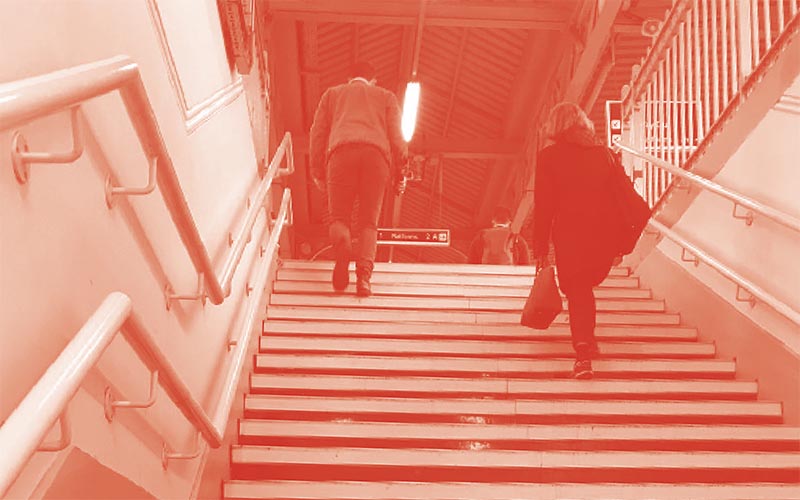London’s participation in UN Women’s Safer Cities and Safe Public Spaces Programme
Scoping study featuring recommendations on how London can improve safety in public spaces for women and girls.

6 March 2020
By Ellie Cosgrave, Tiffany Lam, and Zoe Henderson
We know that people flock to cities like London for opportunity; for work, education, culture, nightlife, and social connectedness. We know that these can be a liberation and freedom to those people who are able to access it. However, we also know that public spaces are used and experienced differently by men and women.
Simply presenting as female in public space increases vulnerability to violence and this is exacerbated at certain times of night in certain locations of the city. This is especially relevant in London, where 40 per cent of sexual assaults take place in public spaces including the transport network. A survey of 8,000 Londoners also found that 74 per cent of female respondents feel worried about their safety some, or even all of the time, and 68 per cent worry about harassment on public transport.
UN Women founded The Safe Cities and Safe Public Spaces programme in recognition of the discrepancy between how violence in the private domain is largely regarded as a human rights violation, yet violence against women and girls (especially sexual harassment) in public spaces remains neglected and is accepted as normal or inevitable.
As a signatory to this programme, London has committed to furthering work ensuring that women and girls are socially, economically and politically empowered in public spaces and that they are free from sexual harassment and other forms of sexual violence. This independent scoping report:
- Offers a guide to the fundamentals of gender inclusive public space design;
- Highlights tools for investing in gender-informed public spaces;
- Presents examples of existing action in the capital;
- Lays out a set of recommendations for action.
 Close
Close

